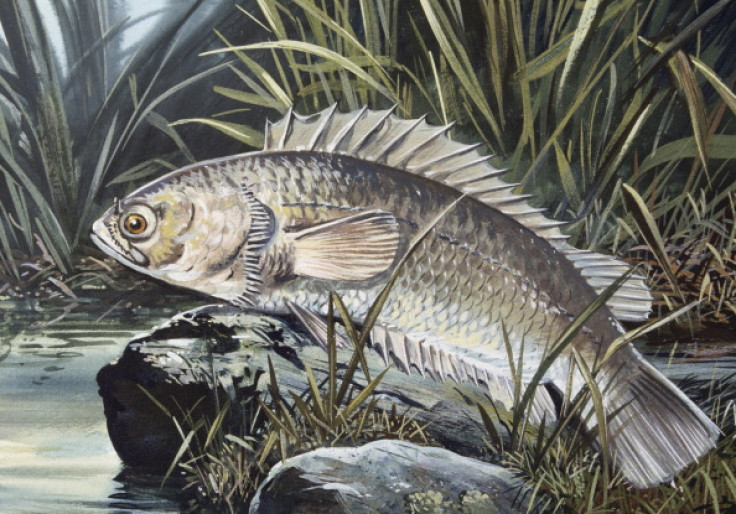Australia: Fish able to walk out of water, survive for six days on land threatens wildlife

Scientists have warned that a bizarre fish that can walk out of water and survive on land for nearly six days could result in a "major disaster" for the wildlife.
The climbing perch fish, which is reportedly a native of Papua New Guinea, is a freshwater fish armed with lungs as well as gills and was first found in northern Australia.
The 10-inch walking fish is now being marked off as a possible threat to birds and larger fish.
They can flex out those gill plates on the side of the head, which means they can actually — with the sharp spines — leverage themselves across land.
Researchers at the James Cook University in Queensland, Australia, believe it could spell a "major disaster" for the Australian wildlife.
"They can flex out those gill plates on the side of the head, which means they can actually — with the sharp spines — leverage themselves across land," said Ecologist Nathan Waltham from the James Cook University, reported the Public Radio International (PRI).
"So if you can visualize a water hole that's drying up, conditions becoming unfavorable — and this fish can detect that and decide then to move out of that water. So by using those sharp spines [it can] drag itself out, move across land and find a new water hole to take up refuge."
Waltham says the fish would not pose a threat had it remained in its natural habitat in Papua New Guinea, however since it managed to travel all the way to Australia, the risk remains large to the Australian wildlife.
The fish can reportedly swell up inside the windpipes of larger fish and birds with a risk of choking them.
"If a larger fish or a bird or some other animal tries to eat the climbing perch, its natural defence is to flex and lock in place those gills," said Waltham.
"And in doing that the climbing perch can get caught in the throat and unfortunately in doing that, the animal that's trying to eat the climbing perch is not going to survive."
Scientists are presently monitoring the fish to determine how to prevent it from disrupting the balance of the Australian habitat.
© Copyright IBTimes 2024. All rights reserved.






